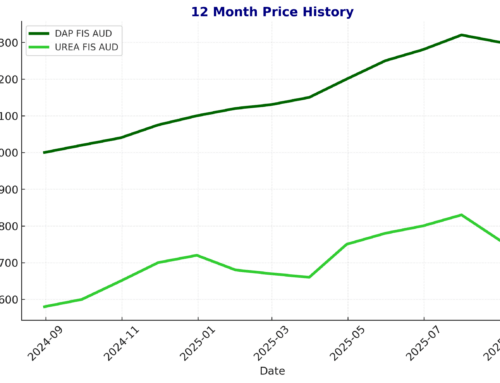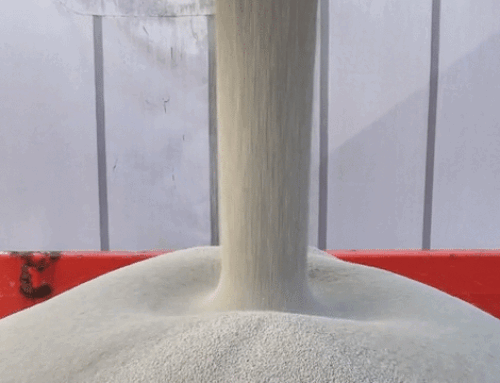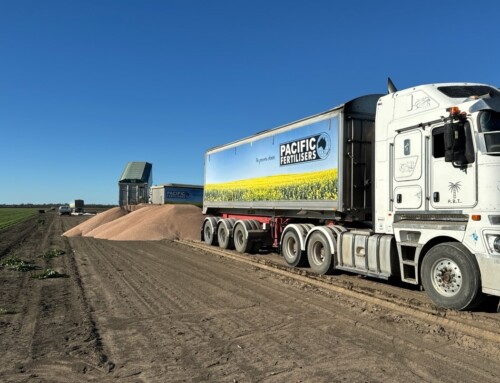Calcium Sulphate Dihydrate (CaSO4·2H2O), otherwise known as gypsum, is an inert compound containing ~20% by weight chemically combined water.
When analysing gypsum for its moisture content, we are measuring the free moisture content not the combined water (2H20) content. For reference generally in our gypsum products we see the free moisture content fluctuate between 3-6%.
To achieve an accurate free moisture content result the maximum drying temperatures of 60 °C should be used, instead of 110 °C commonly used for drying general soil and rock samples.
Testing moisture using the gravimetric method allows the quantification of the gypsum moisture content based on the loss of weight (mass) due to the loss of free water by heating the sample to a temperature of 55 °C ± 5 °C until constant mass is achieved. Using this method drying times will be longer and it is not recommend using a microwave oven for drying the gypsum.
When heating gypsum over 60 °C, the moisture content results will include weight loss from free and combined moisture. Heating gypsum above 60 °C can result in dehydration and transformation of gypsum to hemihydrate (plaster) and anhydrite forms, thus changing the physical characteristics of the gypsum such as its particle density which in turn affects the moisture content and strength measurements.










